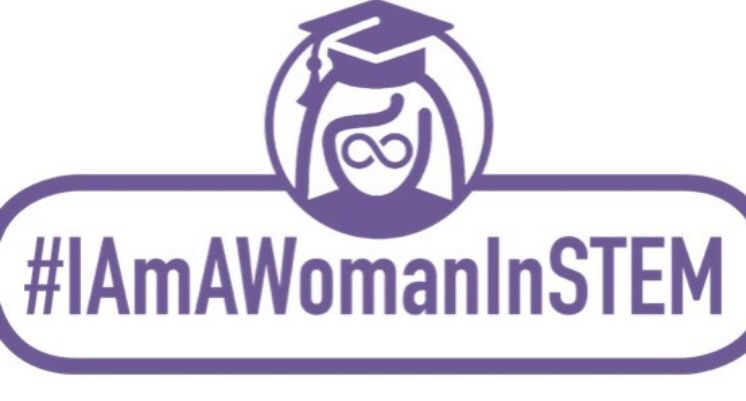Student org offers support to female students in scientific fields
January 25, 2019
Throughout the world, less than 30 percent of people employed in fields of science, technology, engineering and math are women. The percentage of women who go on to take leadership roles in STEM jobs is even lower. Due to society, cultural norms, gender roles and a hostile work environment, women are less likely to pursue a career in these STEM fields and far more likely to leave them.
At the University of Kentucky, one organization is trying to change that.
#IAmAWomanInSTEM originated on campus in 2015 as an initiative to help raise the graduation rates of women in STEM majors at UK. Since its birth, the organization has given undergraduate female students in these majors a supportive, consistent mentorship community that helps them do just that. The idea was sparked by Dr. Randolph Hollingsworth, who was with the organization until this past summer when Dr. Czarena Crofcheck took over as faculty director.
“Many women will transfer out of STEM-related majors or drop out entirely,” said #IAmAWomanInSTEM president Mollye Malone. “Our organization wanted to counter these issues by offering support to women in STEM where we can.”
Their mission has turned into reality over the lifetime of the organization on campus, from connecting women to career networks in Lexington in their field of interest to offering scholarships to students who take the organization’s message more seriously and initiate their own efforts. Members get the opportunity and resources to create and spearhead their own projects to promote the goals of the organization, and the results have been substantial.
“Today [our organization] is a student-led group working to give female students in STEM the opportunity to meet each other and to interact with female STEM professors,” Crofcheck said. “In the future, I’m hoping to offer the leadership courses and at the same time develop distance learning resources that can be used to share the content with female students beyond the classroom.
Undergraduate women studying within a STEM major was the original focus of #IAmAWomanInSTEM, but the network of people has since spread outward to include a wider variety of people that could benefit from the support that the organization provides.
“We’ve welcomed a new partnership with the Kentucky Girls STEM collaborative,” Malone said. “[We have] no more than 50 undergraduates. However, including mentors, community members, and those involved in the Kentucky Girls STEM collaborative, [there are] at least a couple hundred [who are involved].”
This network has helped students like Malone herself land internships through the connections that are made. It is extremely student-led, with the first members in 2015 building it and creating its name from the ground-up. With the power of the ambitious, pioneering students that run the organization for themselves and for the future of women in STEM, the current 30 percent of female representation will hopefully raise over time.
Malone said that messaging the organization on BBNvolved or looking up their name, which is a hashtag, on any social platform, can help prospective students get involved with the mission.




























































































































































